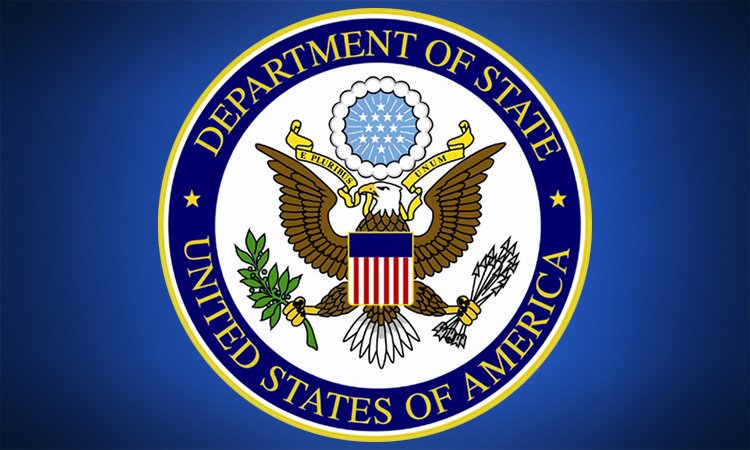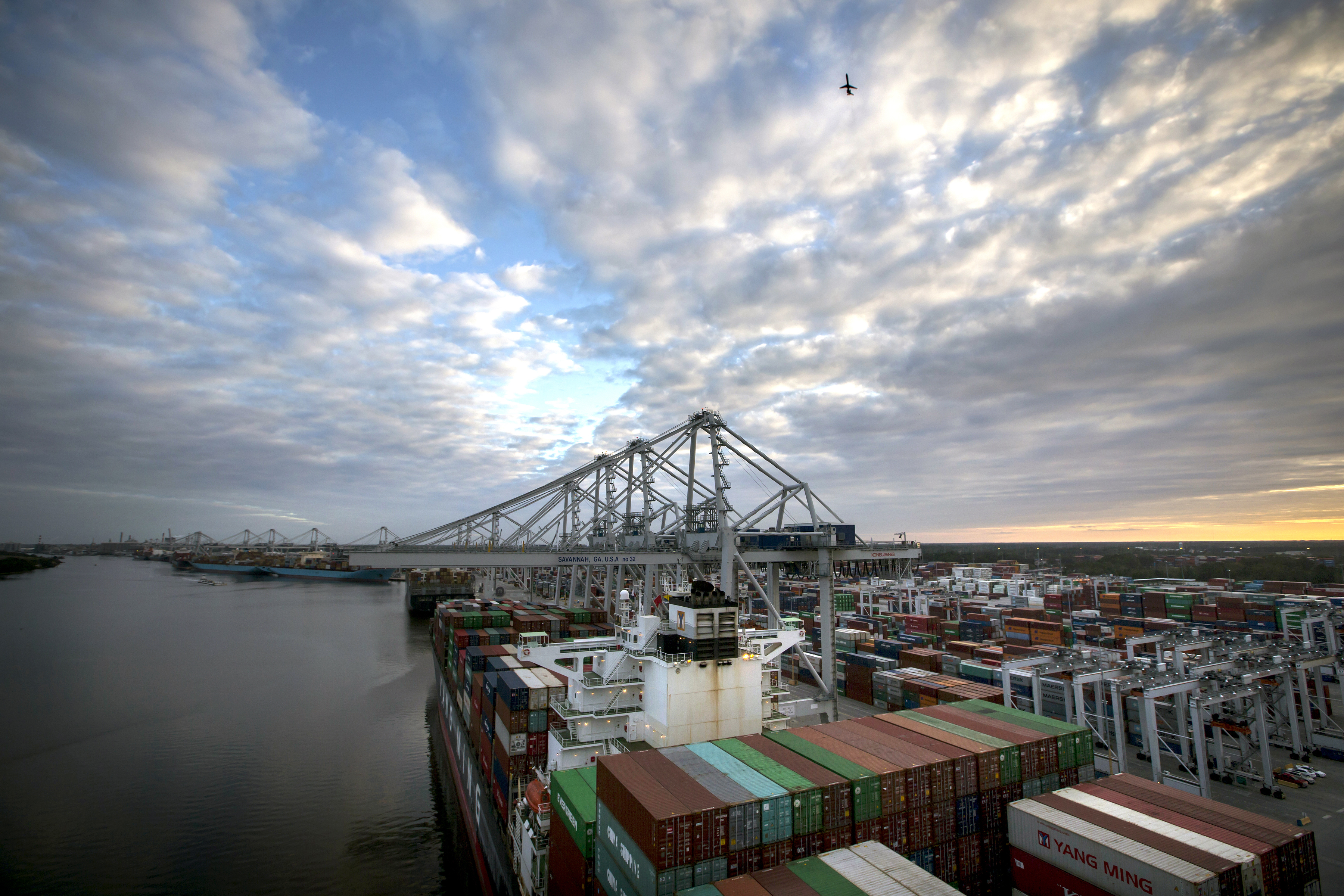By: Cecilia Moore
Since the Gulf War, the United States’ military has been immersed in Middle Eastern conflicts. As a result, for the majority of Americans, China has become a distant, misunderstood fear. High viewership of PBS specials on the rise of China’s economy and grumblings over the volume of Chinese goods in stores and the loss of jobs those goods represent have been the public’s only noticeable acknowledgement of Chinese policies.
However, China has begun to act more brazenly on behalf of its national interest, as demonstrated by the ongoing maritime conflict in the South China Sea. And in 2011, the International Monetary Fund released a study predicting that China’s economy will surpass that of the United States in 2016. The United States is now more acutely threatened by this Asian giant than ever before.
In order to protect the country’s economic and political interests, President Obama has increased U.S. military presence in the Asian Pacific region over the course of his presidency as he has pulled troops out of Iraq and Afghanistan. And all the while, he has initiated and strengthened alliances with many ASEAN (Association of Southeast Asian Nations) countries.
The President gave a speech in November 2011 in front of the Australian parliament that acknowledged our ongoing efforts to become more influential in the South Pacific. In his speech, the president justified his aims by saying, “The United States has been, and always will be, a Pacific nation. Asian immigrants helped build America, and millions of American families, including my own, cherish our ties to this region… the United States will play a larger and long-term role in shaping this region and its future…” This is not just rhetoric.
In August, the Obama administration announced its plan to build a missile defense system in southern Japan. Its main purpose is to defend against attacks from North Korea, but the missiles could also be used as a deterrent towards China, giving the United States some control over the escalating conflicts in the South China Sea.
Mitt Romney has yet to announce his official stance on the missile defense system; however, he plans to take a hard posture against the Chinese based cyber-attacks the United States sustains daily. Also, Romney has declared that, if elected, combating China’s intellectual property theft and currency manipulation would be one of his initial economic goals. He plans to fight these affronts by threatening a boycott of Chinese goods. Cyber-attacks, currency manipulation and the theft of intellectual property are all issues Obama vowed to address during his presidential campaign, but he has had little success implementing effective strategies during his term.
Regardless of who is in office after November, China will remain an important aspect of U.S. foreign affairs. The Brookings Institute recently published a paper titled “Addressing U.S.- China Strategic Distrust,” coauthored by Wang Jisi and Kenneth Lieberthal, insiders to the Chinese and U.S. governments’ inner-workings, respectively. The paper explains the mutual suspicion under which these two governments cooperate, and it provides insight into their complicated relationship.
Jisi explains that China sees itself as an economically-strong and powerfully-allied nation, and Chinese officials believe that the United States is trying to sabotage China’s expansion and its blossoming into a regional hegemon. China still views the United States as a great power, but one that is in denial over its decline. While they have invested heavily in the other BRIC (Brazil, Russia, India, China) nations, which are expected to be the newest emerging economies, the United States has not developed a strong, reliable alliance with any of these countries. From the Chinese point of view, U.S. allies are all on the decline, and what was previously the developing world is now edging closer to becoming the new-and-improved developed world.
On the other hand, according to Lieberthal, the United States wants to maintain power in the Asian Pacific region because it wants to preserve its right to travel and ship goods freely. Additionally, it wants to ensure ease of transportation so it can maintain promises, such as military intervention, to its allies in the region.
Furthermore, the issues regarding China that Romney is addressing in this election are real and genuinely harmful to the U.S. economy. In recent years, the federal government has brought a handful of cases against China to the World Trade Organization (WTO), and most were decided in favor of the United States. However, China is still devaluing its currency, which is detrimental to the domestic industries of every nation to which it exports.
This is the dawn of a new age in U.S. foreign policy as the United States’ focus is shifting away from the Middle East and towards East Asia. China wasn’t seen as a serious competitor to the United State’s hegemony until very recently. However, its extremely fast growth rate has catapulted it onto the international stage in a relatively short period of time.
Due to the nature of China’s economy, the United State’s policy towards China has been to foster a relationship based off of complex interdependence. Even though China is a communist country, it has liberalized its economy greatly. By becoming trading partners, and encouraging China’s move towards capitalism, the U.S. government has hoped that China’s international policy goals would align more closely with its own.
The United States should continue its policy of complex interdependence, since, as China’s largest trading partner, it will make China’s prosperity dependent on U.S. imports. However, serious mal-trade issues should also be addressed. Romney calls for a boycott of Chinese goods in order to force the Chinese government into acquiescing to U.S. standards of free trade. It’s disputable, though, as to whether or not this would actually work. During Obama’s administration, the United States’ main outlet for criticism of Chinese trading practices has been the WTO. The United States should continue to utilize this institution; however, it has been demonstrated that the Chinese are still able to get around these policies through the preceding negotiation process.
The two presidential candidates promote different means towards reaching the same objectives. If Obama is re-elected, the United States will probably continue to fight Chinese trade practices within the WTO’s court system. However, if Romney is elected, the United States will likely fight the Chinese government in a much more direct way through boycotts. Considering that Obama promised to take a hardline stance during his presidential election, but is now having to fight China in a more indirect way, suggests this battle is much more complicated than outsiders describe it. Either way, the general public has not seemed to place much weight on the two candidates’ differing opinions on China; rather, the most heated debates have been over domestic economic policies and healthcare initiatives. Regardless of their current reality, Chinese affairs will soon become a much more noticeable part of Americans’ lives, and our next president’s stance will determine the tone of this relationship for the next four years.

